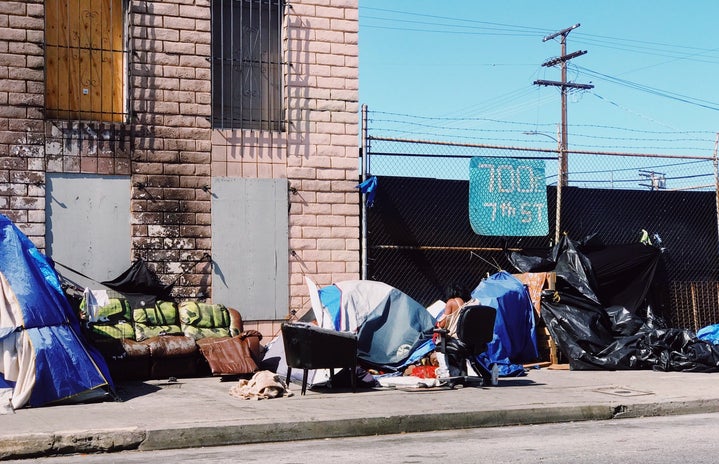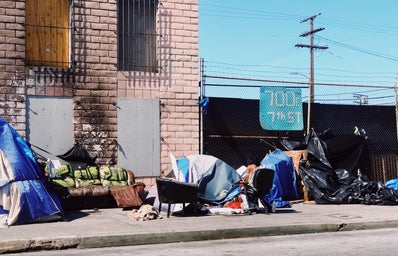Why we need to blur the divide between campus and community.
Gentrification is a long-running problem, affecting many majority-minority and low-income communities in urban areas.
As a Temple student, this term is something we hear often. Whether it’s about how local residents in the surrounding neighborhood believe our university contributes to gentrification or just knowledge about its presence in North Philadelphia.
So, what is gentrification?
Gen·tri·fi·ca·tion
: process in which a poor area (as of a city) experiences an influx of middle-class or wealthy people who renovate and rebuild homes and businesses and which often results in an increase in property values and the displacement of earlier, usually poorer residents (Merriam-Webster)
As Temple’s campus is constantly expanding with the number of students increasing, it’s important to recognize the effects often temporary residents, like us students, leave on permanent ones in the surrounding community.
An example of this is party culture and trashing the streets off-campus without a second thought, to then going on social media and complaining about how dirty North Philly is.
This bubble of ignorance surrounds many students who know that they don’t have to live with the consequences of their actions–only residents in the communities they bash online do.
Not only party culture, but our reaction to crime as students in North Philly contributes to ignorance as well. We get TUalerts, and I often hear, “Just another day in Philly,” but when something affects one of our students it’s “Philly is so dangerous we need to do better.”
Crime doesn’t just stop and start when students are on campus –it is a consistent problem that residents have to deal with all the time, whether we get TUalerts about it or not.
When all that is associated with majority-minority, low-income communities are trash and crime, many see that as an excuse to accept gentrifying it because they believe it’s the only thing that will make it better–but that’s not the case.
As students, we can take the time to educate ourselves on this topic to get rid of ignorance about these communities. Rather than bash them, we can find ways to uplift them–like taking steps to spread awareness about trash and crime instead.
We have to ask ourselves in what ways can we contribute to the revitalization of communities through service and empathy? Let’s not accept the gentrification of them.


